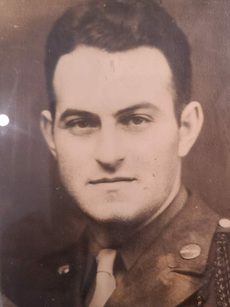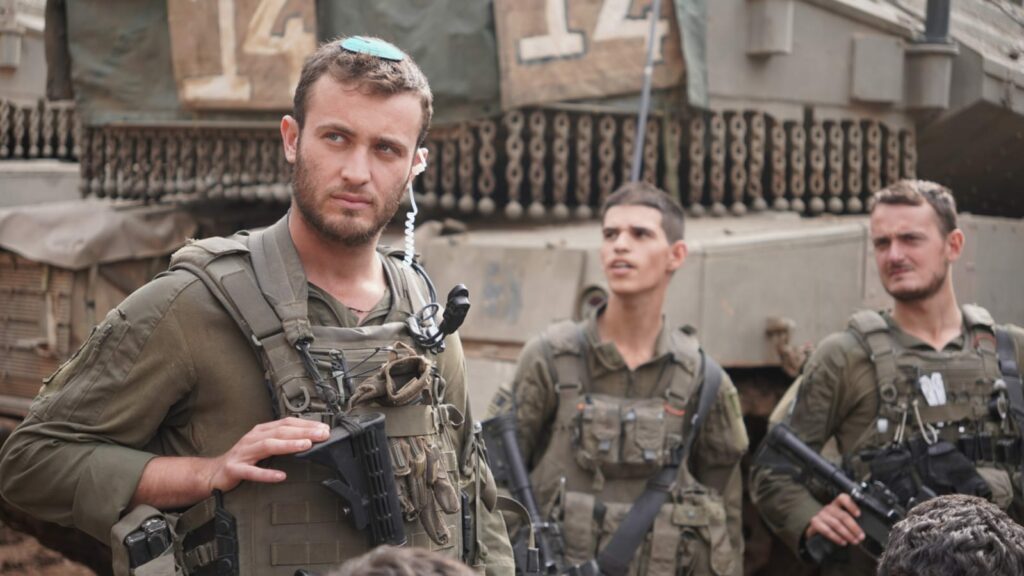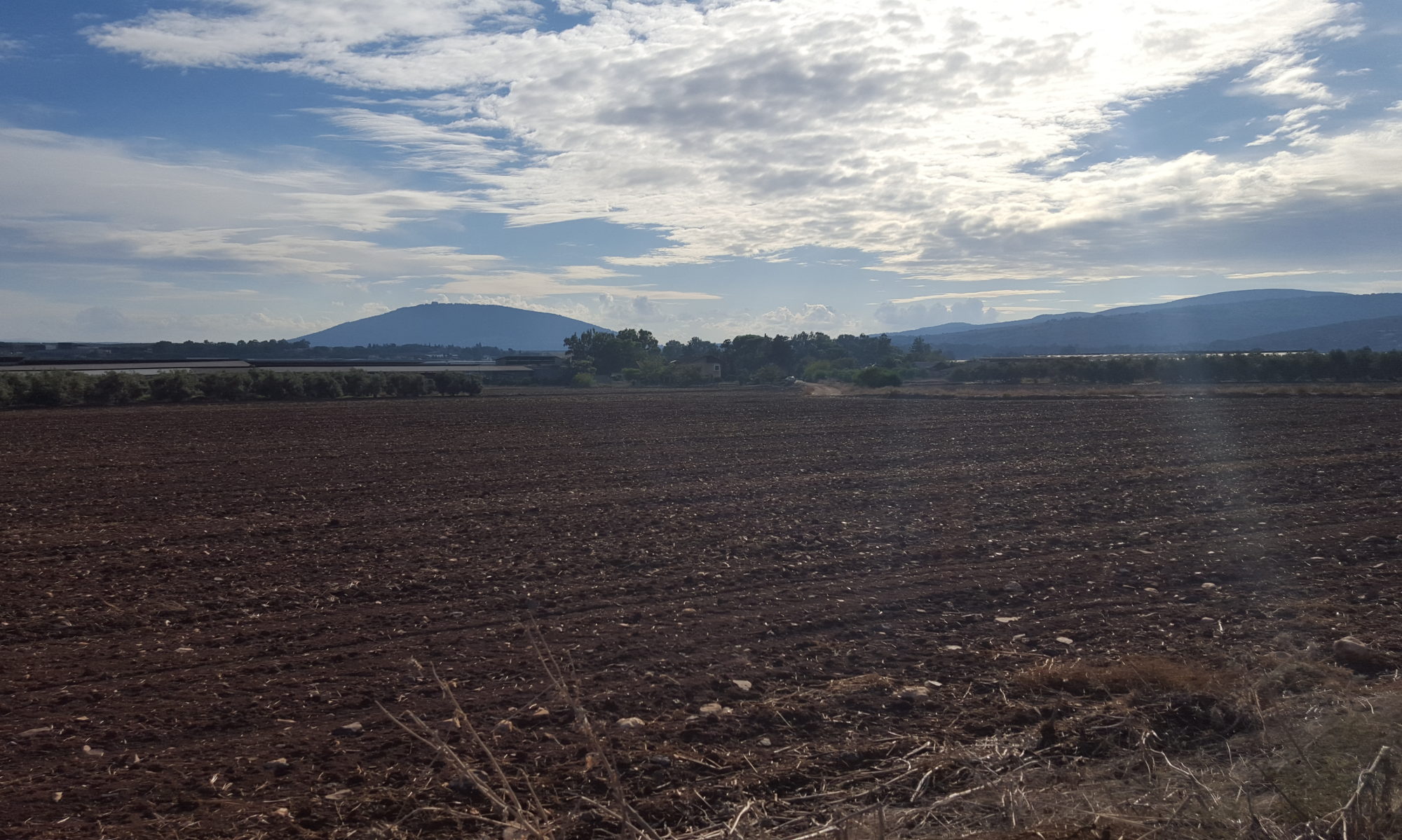My grandparents belonged to “The Greatest Generation.” They were Americans born around 1920, whose childhood was marked by the Great Depression and who came of age during the second World War. This was a generation that embodied success through grit and hard work, whose moral compass was set by the clarity of good G.I. Joe vs evil Nazi. They were idealistic and realistic, Western, and value-driven. They were the original baseball-and-apple-pie patriots, many of them children of immigrants, homegrown nationalists who were committed to family and country.

Growing up in the forties and fifties, journalist Tom Brokaw remarked that even as a small boy, he felt the dignity and honor of the generation that preceded his:
Looking back, I can recall that the grown-ups all seemed to have a sense of purpose that was evident even to someone as young as four, five, or six. Whatever else was happening in our family or neighborhood, there was something greater connecting all of us, in large ways and small. (The Greatest Generation, Chapter 1)
The young people who have come of age in the current war will be Israel’s Greatest Generation. Specifically, those in their twenties and thirties, those who mobilized within hours and left their families and lives for months on end, will form the core of our future. They will profoundly impact Israel’s identity. They will take the helm of Israel’s broken political leadership. They will fundamentally reshape our culture and its aesthetic expression. They will recharge the religious nature of the Jewish people – they will bring us all closer to the Divine, the children steering the hearts of their fathers to return (Malachi 3:24).
We should confidently put our faith in Israel’s Millenials and Gen Z because they are the ones fighting the war. War is a refiner. On the battlefield, facing his own mortality, the soldier is stripped down to his fundamental self, and sees – perhaps for the first time in his life, perhaps for the first time in recent history – what is real in this world. Why do I fight? What is my life worth? What do I value even more than life itself? He sees reality, and he shows it to the rest of us. The Israeli soldier is right now in that rarefied space of absolute, shocking truth. Look into his eyes: he is a man beyond any other man.
It sounds cruel to think of war as anything but hell, and to stretch our consciousness beyond just wanting all of our loved ones in uniform home safe and sound, but the truth is that the soldiers on the front lines have merited an experience that has and will transform them in a way that those of us who do not or cannot fight will never merit. Winston Churchill pined for his people to have such character:
Come on now all you young men, all over the world. You are needed more than ever now to fill the gap of a generation shorn by the war. You have not an hour to lose. You must take your places in Life’s fighting line. Twenty to twenty-five! These are the years! Don’t be content with things as they are. ‘The earth is yours and the fulness thereof.’ Enter upon your inheritance, accept your responsibilities. Raise the glorious flags again, advance them upon the new enemies, who constantly gather upon the front of the human army, and have only to be assaulted to be overthrown. Don’t take No for an answer. Never submit to failure. (My Early Life, Chapter 4)
War sloughs off layers of falsehood and fantasy that have weighed Israeli society down and rendered us sluggish and disaffected. This war, more than any other in all of Israel’s history, has exposed for us all the shocking reality of what we collectively had refused to confront for the last hundred years. We had buried our discomfort with the concept of an enemy that is determined to destroy us under heavy layers of false constructs: it is only Hamas, not the Palestinians, who want to dissolve Israel, and they are a minority, and if we give them enough freedom and money and agency then they will be willing peace partners. We pundited and punted and hemmed and hawed and had conferences and singalongs and made excuses and murmured diplomatic niceties and ran to shelters and shot down rockets aimed at our cities but now – now we must look to the soldiers. They have merited the awful, transcendental experience of milchemet mitzvah, of being called to battle for Israel’s very right to exist, where the LORD your God moves about in your camp to protect you and to deliver your enemies to you (Deuteronomy 23:15). They have done what they were charged to do: your camp shall be holy. And so our soldiers are our holy ones now, for they have been refined through war. They have an unsurpassed clarity of purpose and mission.
We, on the edges of this war, can more easily fall prey to the nihilism and helplessness that threaten to weaken our resolve. Our vision is confused and clouded by the squawking cacophony of cynical spin-masters, the smug and self-righteous international and local institutions who push immoral agendas. It is a sisyphean task to remain steadfast under the constant barrage of poisonous rhetoric. I find myself turning again and again to the soldiers themselves for their ironclad steadfastness, and for their optimism.
America’s Greatest Generation was characterized by their “towering achievement and modest demeanor, a legacy of their formative years when they were participants in and witness to sacrifices of the highest order. They know how many of the best of their generation didn’t make it to their early twenties, how many brilliant scientists, teachers, spiritual and business leaders, politicians and artists were lost in the ravages of the greatest war the world has seen” (Brokaw, The Greatest Generation, Chapter 1).
Our soldiers currently fighting in our greatest war are creating our new world, and defining its direction. They are forming not only the internal space of their own lives, but of our collective national consciousness as well. God has granted Israel our Greatest Generation. They will lead us to discovering who we are meant to be.


Wow Tamar, you’ve put into words things that I’ve been feeling but didn’t really know I was thinking, and which I wouldn’t let myself begin to express. But as someone whose own son is in the midst of all this, you have the right as much as any to voice these ideas. A profound optimism among the abyss of war. Thank you x
We all hope you are correct, Tamar. These young men and women are to be admired for their sense of reality. I always marveled at the Israelis in general for that. When Ruvi was here a few years ago he said “America is nice but Israel is so much better”, and I know what he means (especially now) and have to comepletely agree.
We only need the ‘greatest leadership’ to do what they need to do without fear of naysayers and certain retribution. Enough is enough.
Beautiful article, thank you so much.
You are so right, Tamar. Thank you!